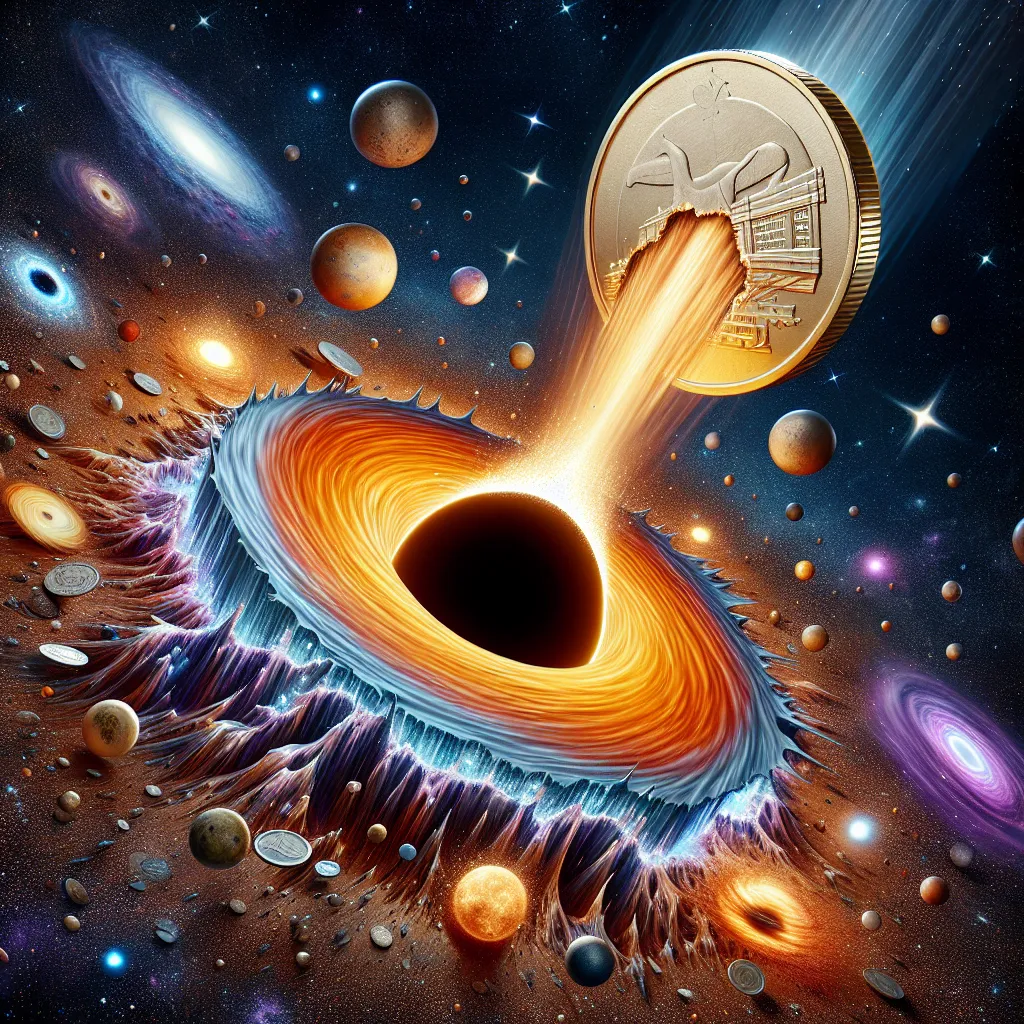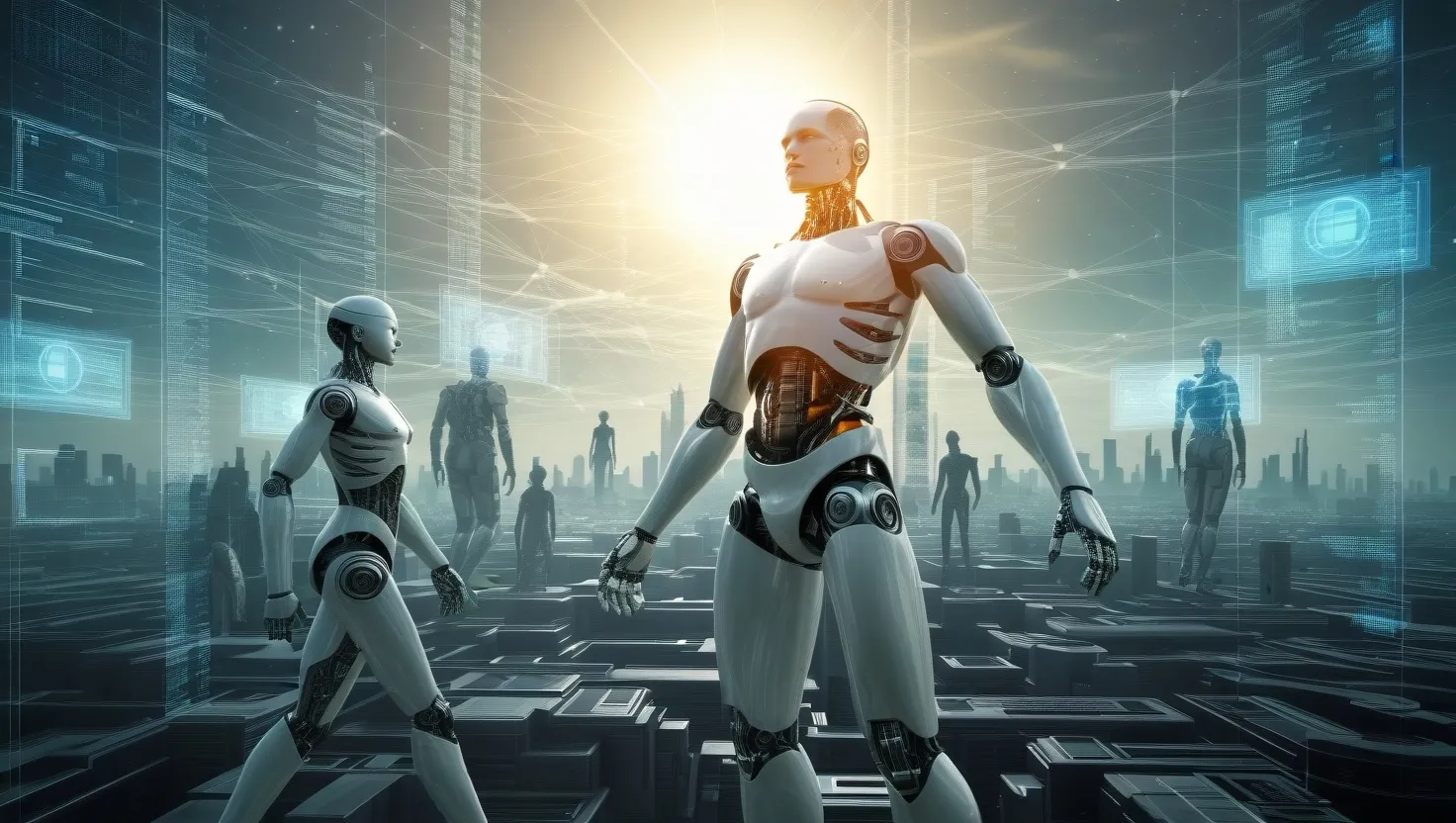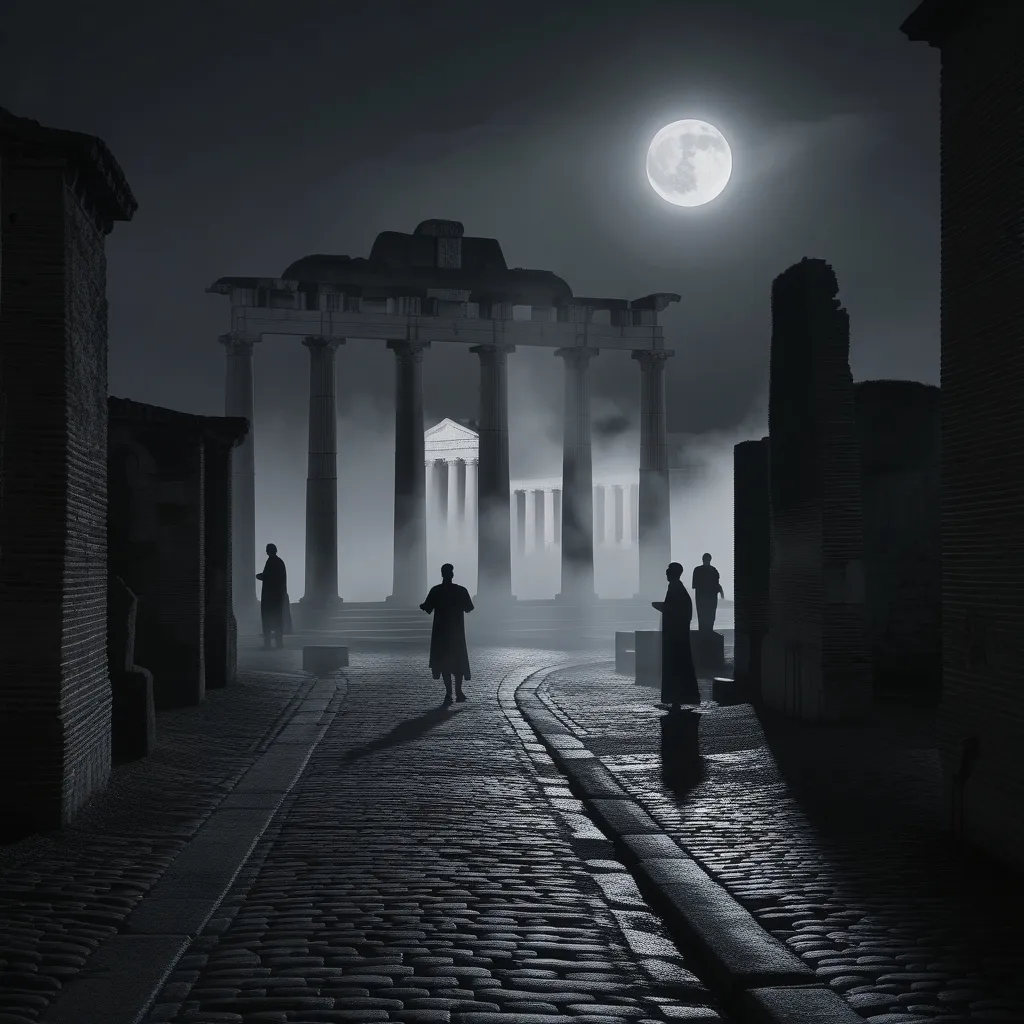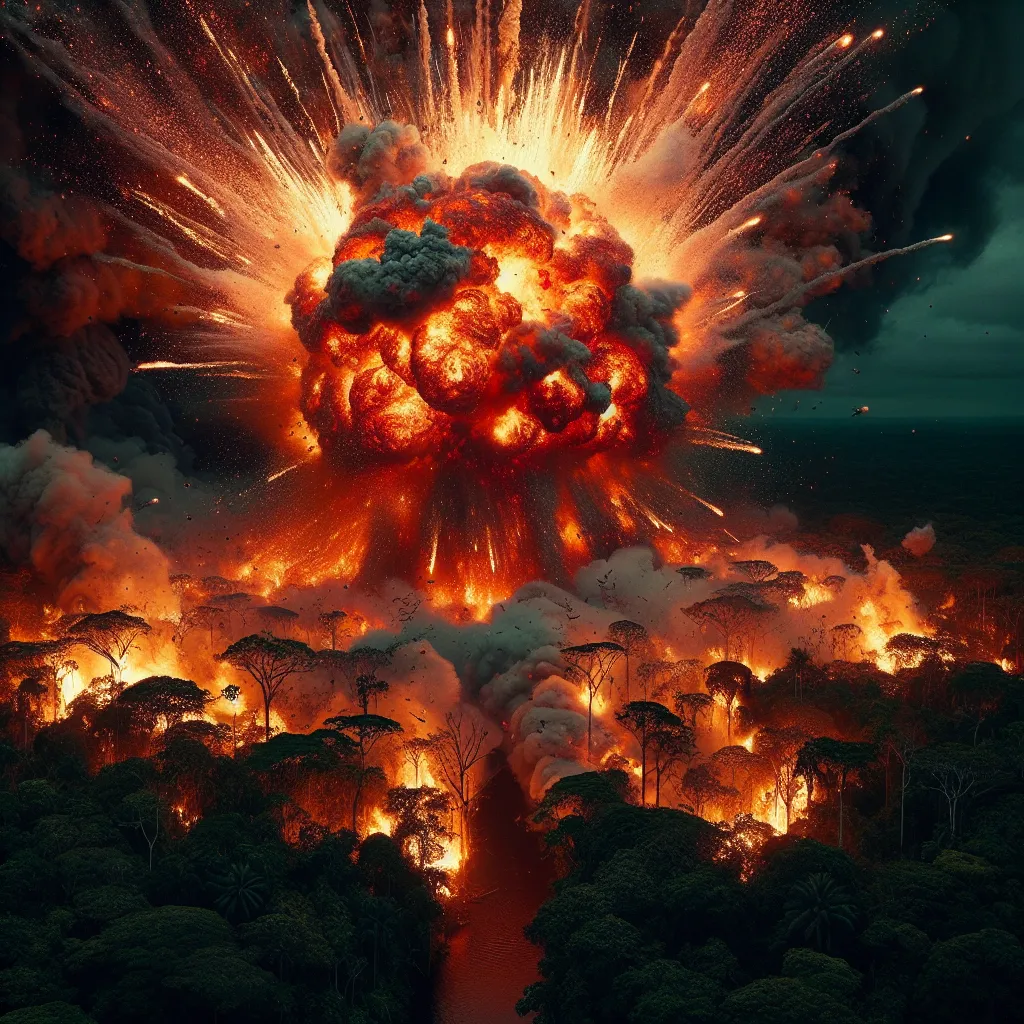What if a black hole the size of a coin suddenly appeared near you? Surprise, you’d die. But how you die hinges on the specifics—it’s all about whether the black hole has the mass of a coin or is literally as wide as one.
Imagine a US nickel, weighing about 5 grams, magically collapsing into a black hole. This black hole’s radius would be mind-bogglingly tiny, around 10 to the power of -30 meters. For context, a hydrogen atom is about 10 to the power of -11 meters. So, this black hole would be smaller compared to an atom than an atom is to the Sun. Pretty wild, right?
This minuscule black hole would also have a very short life span, evaporating almost instantly through Hawking radiation in about 10 to the power of -23 seconds. As it vanishes, it would release 450 terajoules of energy, causing an explosion much larger than the atomic bombs on Hiroshima and Nagasaki combined. You wouldn’t stand a chance.
Now, if the black hole had the size, or diameter, of a common coin, it would be a lot more massive. Picture something more massive than Earth itself, with gravity a billion billion times greater. The tidal forces would be so intense they’d tear each of your cells apart. You wouldn’t even have time to process what’s happening.
Gravity works the same, but around such dense objects, the experience would be extreme. Normally, your head and feet are almost the same distance from Earth’s center. But standing on a black hole the size of a coin, your feet would be much closer to the center, experiencing a vastly stronger gravitational pull, stretching you out like spaghetti—an astronomically painful death.
The chaos wouldn’t end with you, though. This black hole would dominate the gravitational dynamics between Earth and the Moon. Rather than just sinking into Earth, the black hole and the planet would start a grim dance, with Earth getting chewed up bit by bit, forming a lethal disk of hot rock around the black hole. Earth’s mass would double the black hole’s size over time.
Meanwhile, the Moon’s orbit would turn erratic. The black hole’s tidal forces could disrupt nearby asteroids, possibly sending rocks flying all over the Solar System, leading to collisions and chaos for millions of years. The planets might waver but would largely stay in their orbits. Our former planet, now a black hole, would still orbit the Sun where Earth once did.
In any scenario, you’d be toast.






